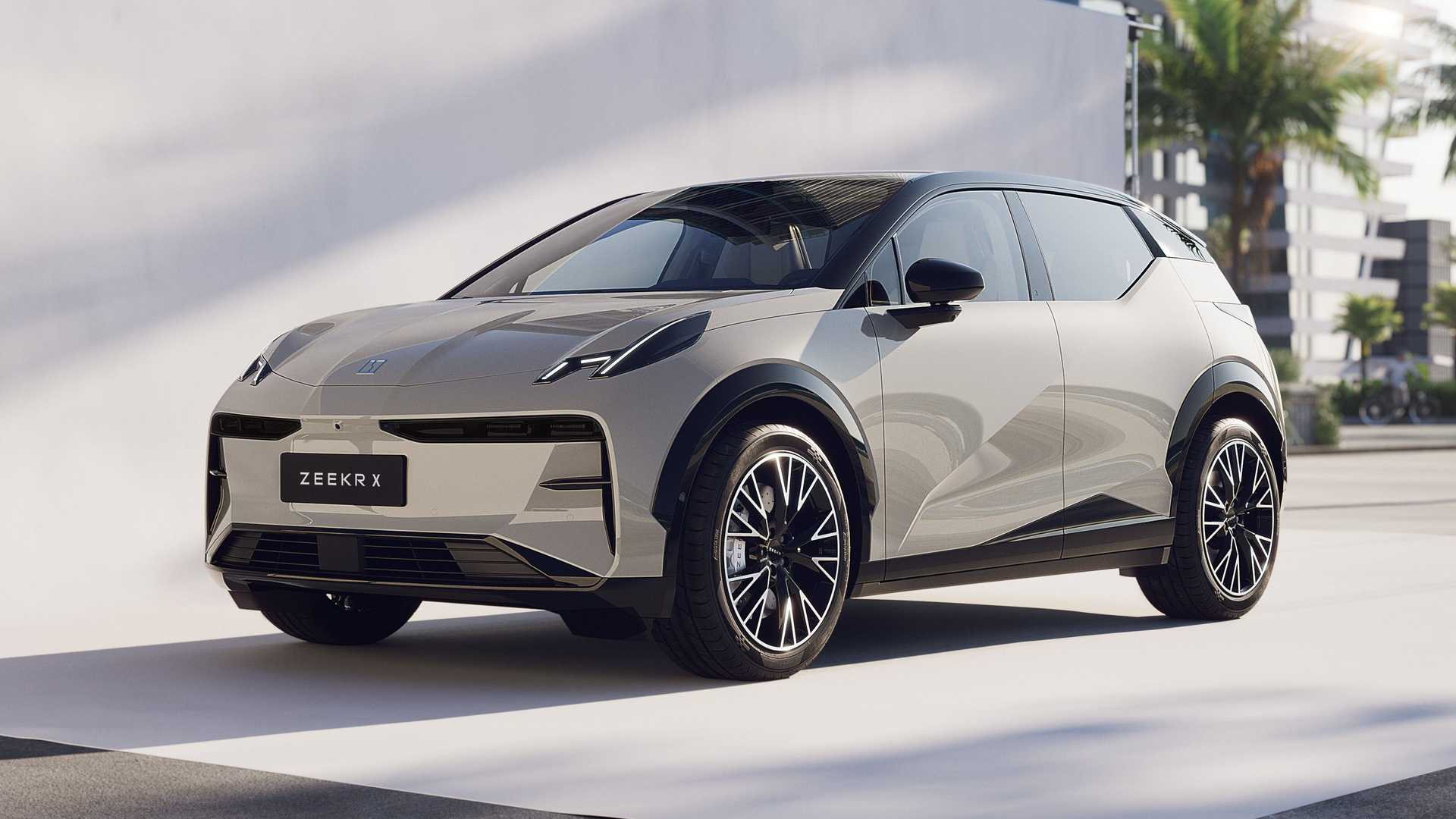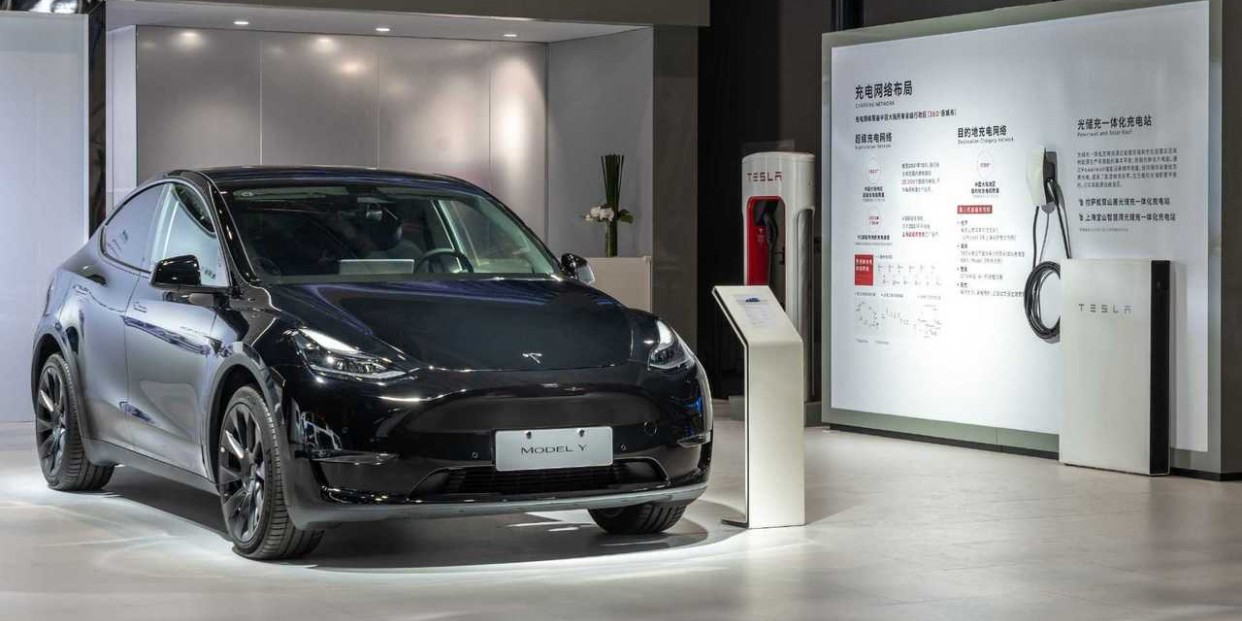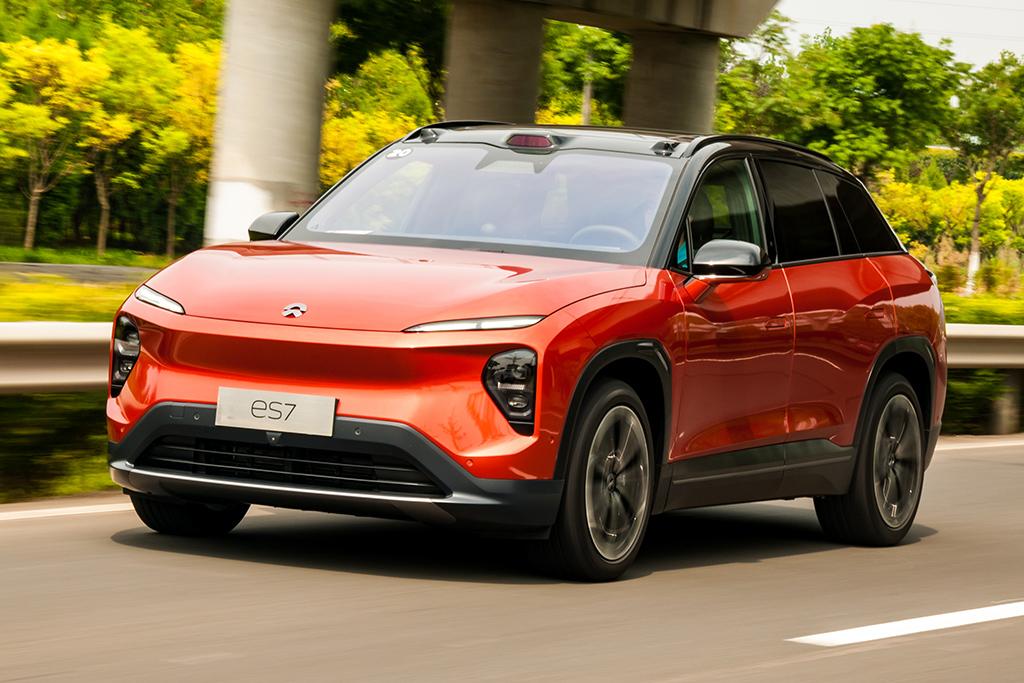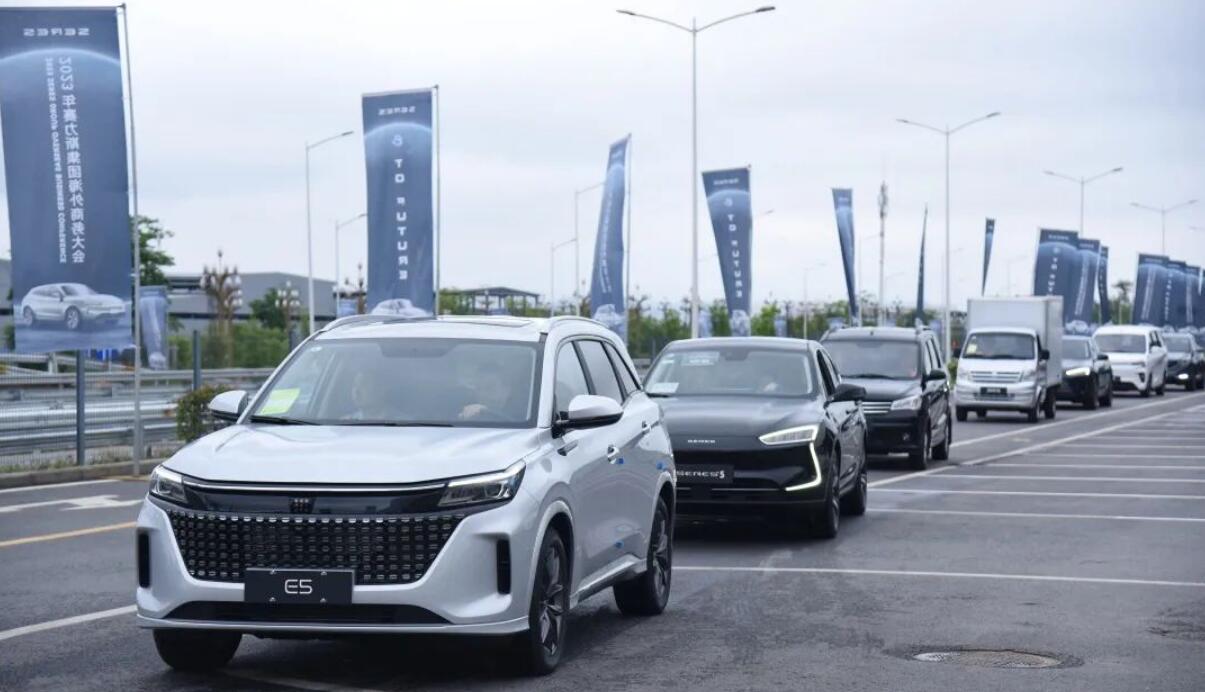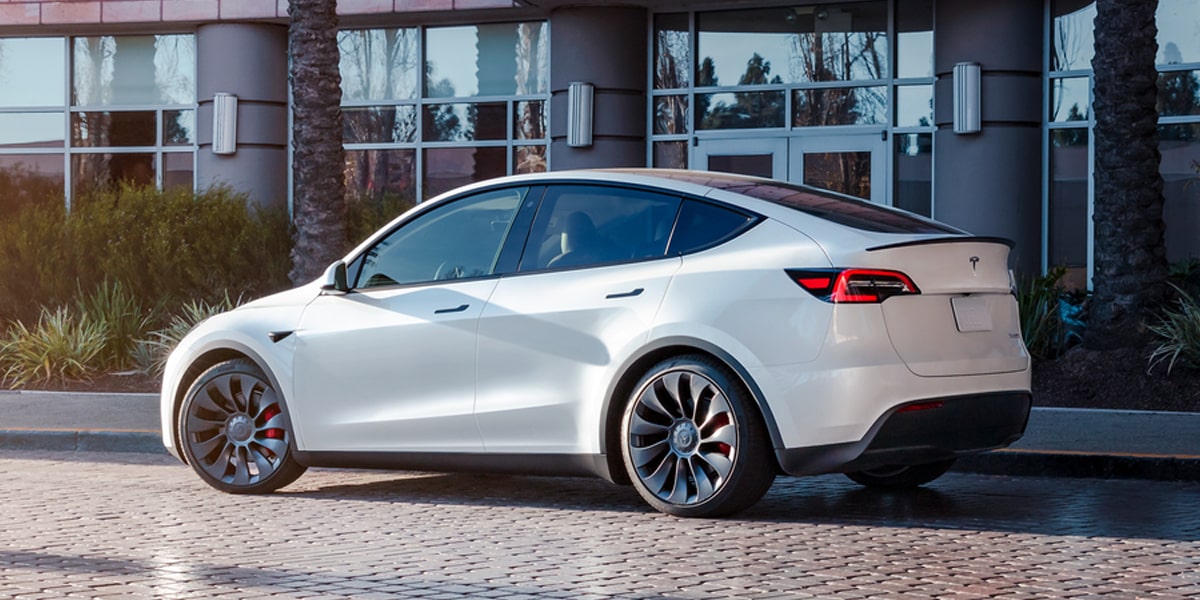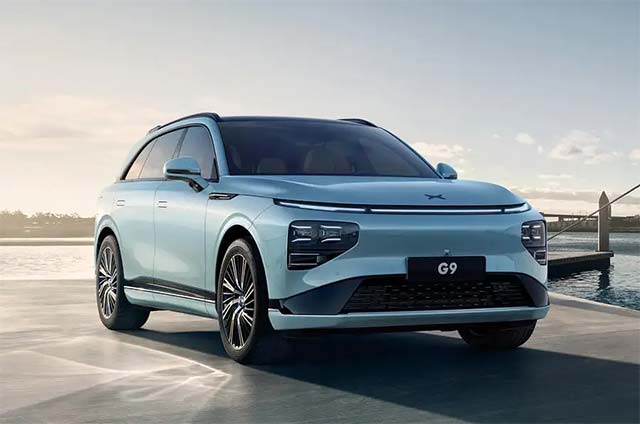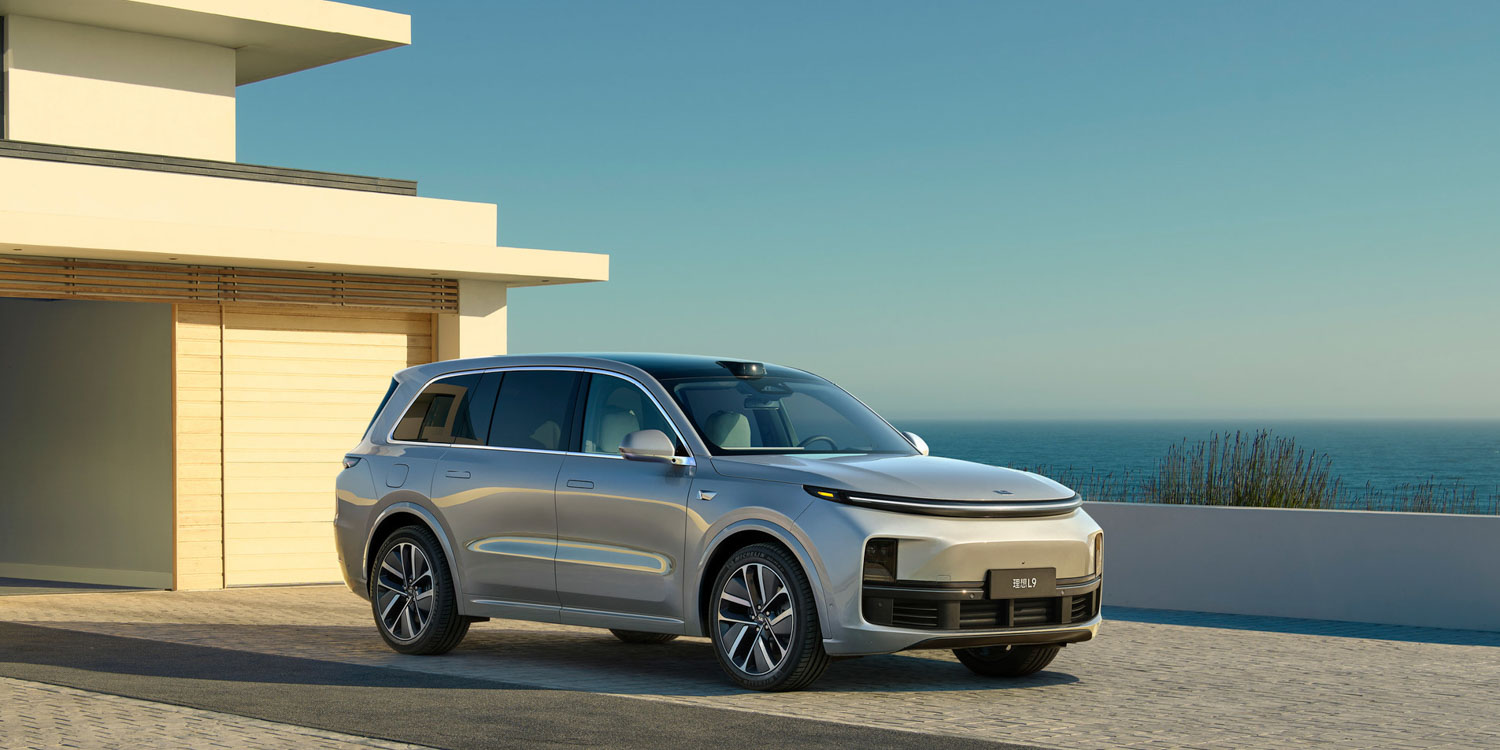During the ongoing Auto Shanghai 2023 exhibition, emerging Chinese car brands like ZEEKR, NETA, and HiPhi have announced their plans to enter Europe, a market currently dominated by established global auto giants.
ZEEKR, an electric vehicle brand owned by the Chinese automotive giant Geely, has revealed its ambitious global growth strategy at the auto show. Their first European vehicles will be launched in Sweden and the Netherlands later this year.
ZEEKR Europe’s CEO, Spiros Fotinos, stated that the company aims to penetrate most of Western Europe by 2026 and strives to become a leading brand in the European electric vehicle market by 2030. Fotinos emphasized that European consumers are increasingly inclined towards electric vehicles and are more receptive than ever to new technology brands, especially those solely focused on electric vehicles. He further highlighted that ZEEKR is well-positioned to offer top-notch electric vehicles, innovative services, and an exceptional customer experience.
Ahead of the auto show, ZEEKR introduced its latest product, ZEEKR X, which is better suited to European customers. By the end of March, ZEEKR had already delivered over 93,000 units.
NETA, another Chinese automaker, is preparing to enter the European market with its car models, including the NETA S and NETA GT. NETA has established a subsidiary in Europe and plans to commence sales in the first quarter of next year. NETA’s CEO, Zhang Yong, expressed confidence in the competitiveness of their products and believes they have a chance to succeed in the European market.
HiPhi, a Chinese luxury pure-electric brand, will initiate its European presence in Munich and Oslo. They anticipate launching two models for sale in Europe during the third quarter of this year.
At Auto Shanghai 2023, numerous foreign businesspeople can be seen showing interest and engaging in negotiations at the Chinese auto brands’ booths. Yuan Wenbo, a partner at the global consultancy firm Roland Berger, noted that an increasing number of auto companies from Europe, ASEAN, the Middle East, and the Americas are recognizing the significant opportunities for cooperation with Chinese automakers. The auto show serves as a platform for understanding Chinese brands’ technology and products while facilitating connections with local resources.
China’s automotive exports surpassed 3.11 million vehicles in 2022, surpassing Germany and becoming the world’s second-largest auto exporter. This trend has continued in the first quarter of this year, with China exporting over 990,000 cars, representing a 70.6 percent year-on-year increase.
Thanks to improved competitiveness in the supply chain, quality, technology, and brands, China’s auto exports have been growing by nearly 1 million units annually over the past two years.
The year 2021 marked a turning point for Chinese cars going global. Prior to 2021, China primarily relied on low-priced exports and focused on the Southeast Asian market, exporting around 1 million cars overseas annually. However, with increased product competitiveness, particularly in the field of new energy, Chinese automakers have expanded into the markets of developed countries.
An Conghui, CEO of ZEEKR Intelligent Technology, emphasized the need for Chinese new energy vehicles to venture overseas with confidence and at an accelerated pace. Participation in international competition will enable them to unleash their innovative potential even further.

